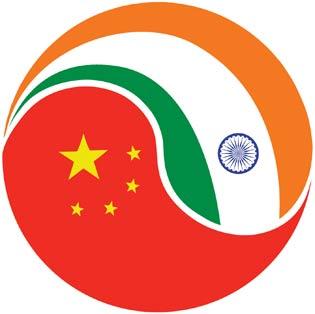China opposes Indian Membership in the Nuclear Suppliers Group

BEIJING: China today gave clear indications it is not going to back India’s case for a membership of Nuclear Suppliers Group. It is also using the North Korean nuclear situation as an excuse to refuse to accept India’s request for support.
In a statement issued this morning, the Chinese foreign ministry said that no exceptions can be made to what it regards as a “rule” disallowing countries that have not signed the nuclear non-proliferation treaty to join the NSG.
The statement revealed how China is lobbying against India’s entry by referring to the nuclear controversies surrounding Iran and North Korea while keeping silent about nuclear sales by Pakistan.
Telling other NSG members in its efforts to lobby against India’s entry, Beijing is also preparing the ground for the image loss it might suffer if the NSG ultimately turns down the Indian request to join.
But it skipped Pakistan, and used North Korea as a reference point to explain that non-NPT countries cannot be allowed to join it.
“And in the absence of NPT as the political and legal basis, how could the nuclear issue on the Korean Peninsular be resolved? All these merit reflection,” Wang Qun, Director General of the Department of Arms Control of the Foreign Ministry, said in the statement.
Wang, who is China’s negotiator in the NSG talks, went on to say that admitting India would amount to adopting double standards, which would result in enormous cost.
“While it’s easy to adopt double standards, the consequence can be enormous,” he said.
He said that NPT represents the cornerstone of the entire non-proliferation regime.
“If exceptions are allowed here or there on the question of NPT, the international non-proliferation then will be collapsed altogether. In the absence of NPT as political and legal basis, it will be inconceivable for the JCPOA on the Iranian nuclear issue to be reached,” he said.

